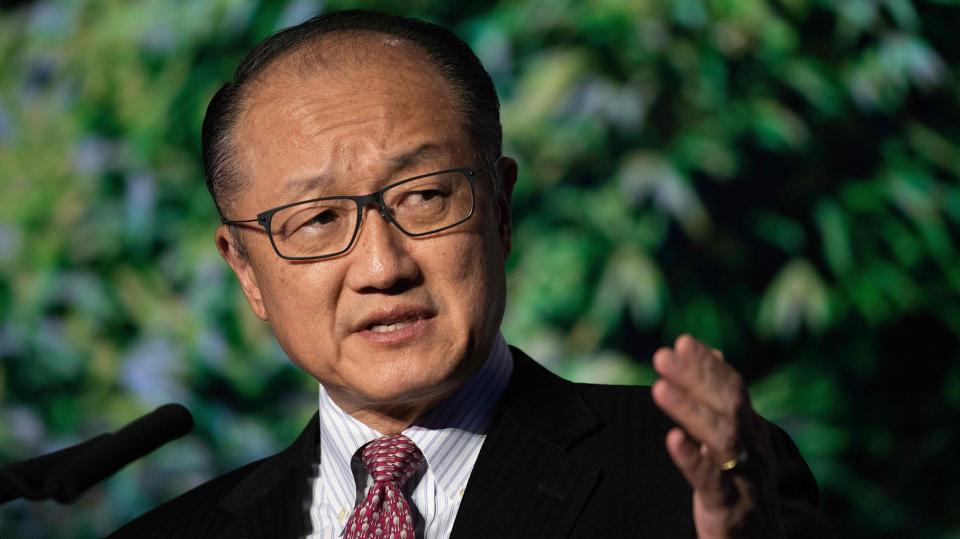Jim Yong Kim, the president of the World Bank, announced on January 7 that he is resigning effective February 1, 2019, nearly three years before the end of his term.
According to Zhang Jingwei, visiting researcher at the Chongyang Institute for Financial Studies, Renmin University of China, Kim’s abrupt resignation reflects his loss of confidence in leading the bank following several failed attempts at reforms.
The World Bank suffers from a redundant structure, poor implementation and conflicts of interest groups, while critics have called its procedures for investment and funding overly bureaucratic, Zhang wrote in a commentary for the Beijing Youth Daily.
Since he was first appointed in 2012, Kim started reforms like reducing staff benefits, increased investment in developing countries and more cooperation with the Asian Infrastructure Investment Bank.
Slashing benefits sparked complaints from employees and weakened Kim’s leadership. The bank’s increased investment in developing nations affected Western interests, especially those of the US, Zhang wrote, without elaborating.
While Kim’s reforms reflect new trends in global economic governance, old habits remain, while restrictions from the US make reforms more difficult, Zhang commented.
Kim’s successor will be under even greater pressure to balance Trump’s vision of putting the US's interests first and the inherent multilateral causes of the institution. If not reformed, the World Bank will see its influence diminish, Zhang warned, adding that reform would mean less bureaucracy, more efficiency and participation into global governance. Given this, he predicted Kim’s successor will encounter similar problems with reforms.

 Old Version
Old Version